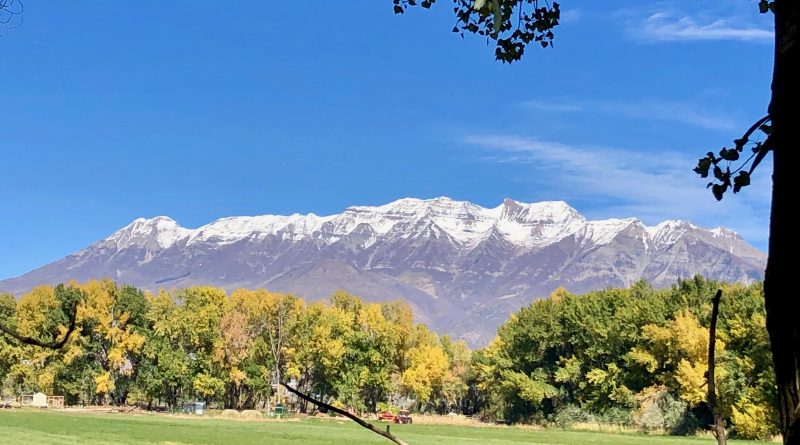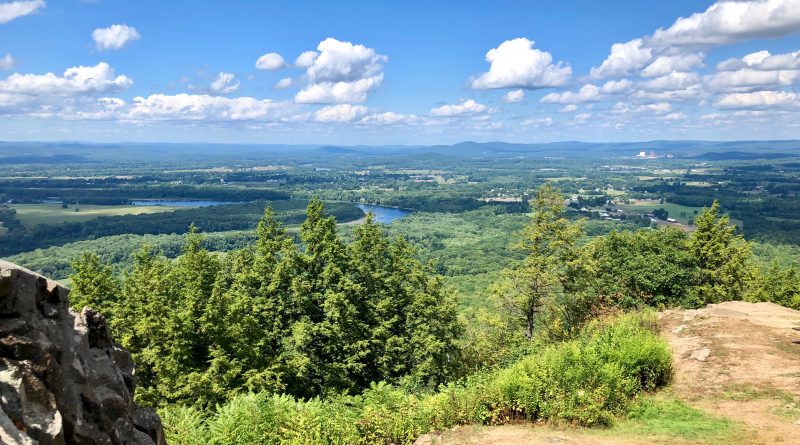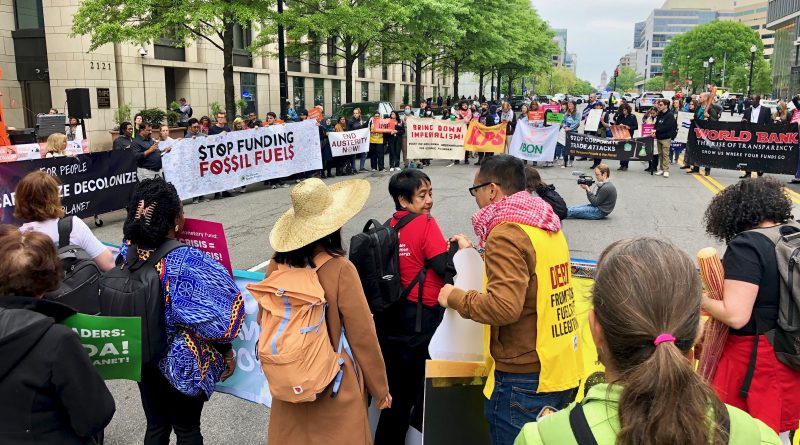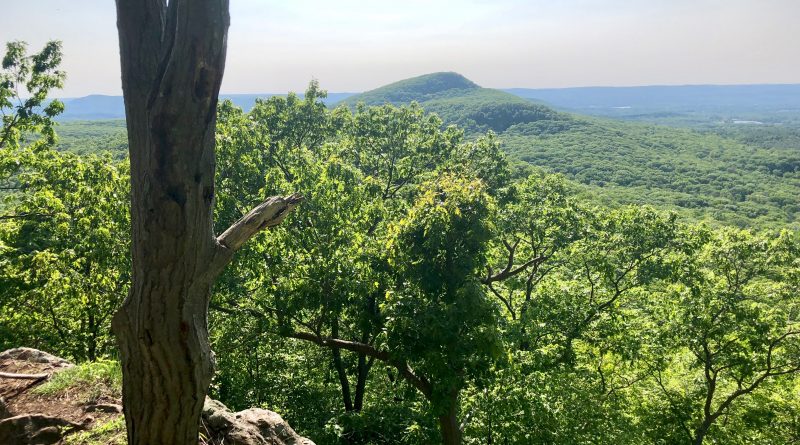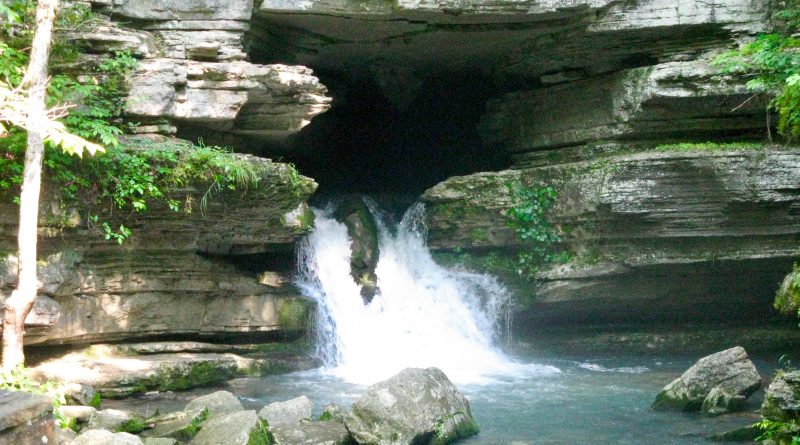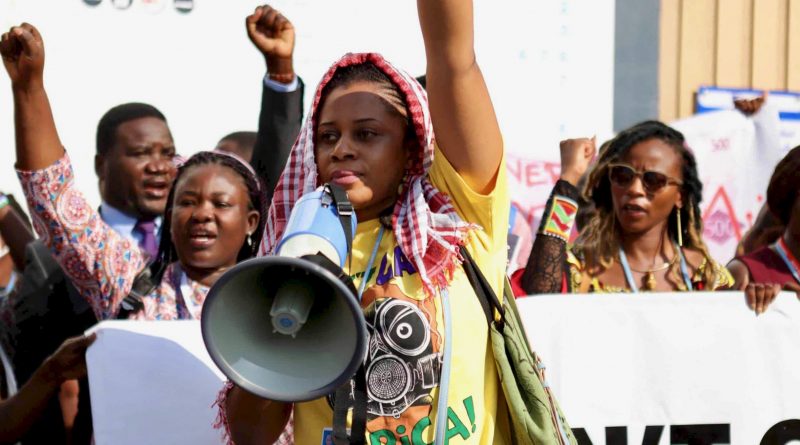Winning Hearts and Minds in the Battle Against Authoritarianism
Many of us are wondering how we can be most effective in blocking authoritarianism from completely taking over the United States now that Donald Trump and the MAGA Republicans are about to assume political power. This is not an easy question, but it’s an important one. I’m sure that we will need to join with others and keep thinking about it and trying things throughout the coming months and years.
First, I want to express my deep gratitude to everyone who supported the Kamala Harris campaign. We didn’t win the election, but we did enough that we prevented Trump from winning a landslide and limited him to less than 50% of the vote. This will make a significant difference in our efforts to prevent the rise of fascism over the next four years. Whether you made a donation, wrote postcards or letters, called voters in other states, went door to door, or helped in some other way, thank you!
The MAGA Republicans will have great political power, will do unconscionable harm to our collective health and safety, and will undermine equity and justice at every turn. Despite our best efforts they will frequently succeed in eliminating regulations, enacting policies, and passing legislation that benefit their wealthy supporters at the expense of the rest of us.
However, full-blown authoritarianism also requires capturing the minds of a majority of the population. They have not yet done this and this is where we can struggle and win.
Read more
